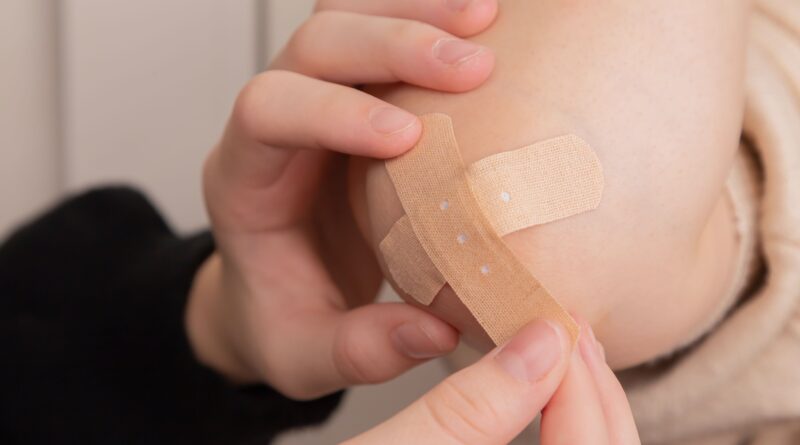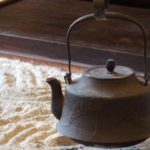Kobu and Tankobu (「瘤」と「たんこぶ」 – Bump)
Kobu and Tankobu
「瘤」と「たんこぶ」
In my post yesterday, I introduced the Japanese idiom meno ue no kobu (目の上の瘤 meaning “a thorn in one’s side”), which uses the term kobu (瘤 – meaning “bump”).
昨日は「瘤」を使った慣用句「目の上の瘤」を紹介しました。
You can also say me no ue no tankobu (目の上のたんこぶ), by using tankobu (たんこぶ – meaning “bump”) instead of kobu (瘤).
この慣用句は、「瘤」の代わりに「たんこぶ」を使って、「目の上のたんこぶ」と言うこともできます。
It is thought that tankobu was made by attaching the onomatopoeia tan (たん), which represents a hitting sound, to kobu.
「たんこぶ」は、「瘤」の前に、何かを叩いたときの擬音語「たん」がつけられたものであると考えられています。
In fact, tankobu usually refers to a bump caused by a bruise, whereas kobu refers to a bump regardless of the cause.
実際、「瘤」は広く膨れ上がったものを表すのに対して、「たんこぶ」は打撲などでできた瘤を差すことが多いです。
Incidentally, the sound of tankobu has a childish impression compared to kobu.
また、「たんこぶ」は「瘤」と比べて、子どもっぽい印象があります。




